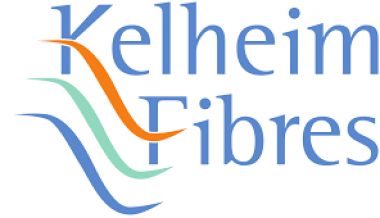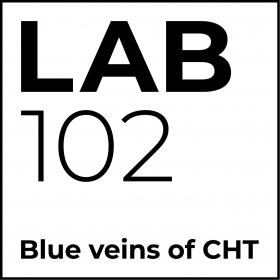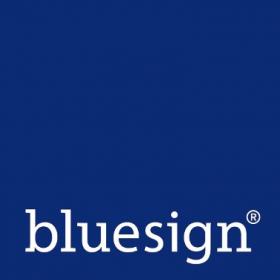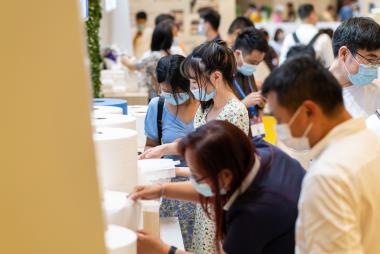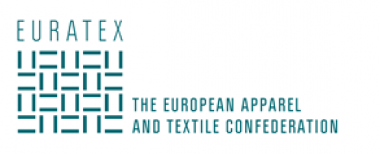Environmental NGO Canopy awarded Kelheim Fibres once again
In this year's "Hot Button Report" released by environmental NGO Canopy, Kelheim Fibres has once again achieved a top position with a dark green/green shirt and was able to improve its overall ranking by another 1.5 points compared to the previous year.
The Hot Button Report thus confirms the viscose speciality fibre manufacturer's leadership role when it comes to conserving Ancient and Endangered Forests. Kelheim Fibres has once again increased the proportion of FSC®-certified pulp in its production and confirmed in an audit that its supply chain is low-risk of sourcing from Ancient and Endangered Forests.
The company achieves top points in the areas of chemical management and transparency. As a member of the non-profit organisation ZDHC (Zero Discharge of Hazardous Chemicals), Kelheim Fibres supports the goal of completely eliminating harmful substances from the textile value chain.
Kelheim Fibres GmbH


